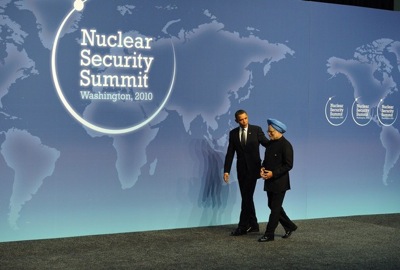CSC provides a framework to deal with compensation in the event of a nuclear accident in a nuclear power plant or during transportation of nuclear material. Other international conventions that deal with nuclear accidents include IAEA’s Vienna Convention 1963 and OECD’s Paris Convention 1960. Both these conventions have been revised over the years and were linked together by a Joint Protocol in 1988. Ideally, a country should join an international convention that is based on a legal system compatible with its own domestic system, has a larger membership, and stricter liability standards.
The Vienna and Paris Conventions are based on Civil Law that prevails in the continental Europe whereas India follows Common Law, inherited from the British. But the problem of adapting the conventions to a common law system has not prevented Britain from becoming a party to the Paris Convention.
In terms of international coverage, CSC is weaker than the Paris or Vienna Conventions. Up until now, only 13 states have signed up to CSC, and only 4, including the United States, have ratified it. More than 24 countries have ratified the Vienna and Paris conventions. Further, CSC’s standards of liability are lower than those mandated by the Paris and Vienna conventions. The lower limit of nuclear power plant operator’s liability in the revised Paris Convention, 700 million Euros, is much higher than that specified in CSC, 300 million Special Drawing Rights (SDRs), which is equivalent to 360 million Euros, at current rates.
Turning to the benefits of CSC from an Indian perspective, any decision to join the CSC in preference to the Vienna or Paris conventions is questionable at best. The convention does not effectively bind the most important party – the United States has declared that it is not bound by the dispute resolution mechanism of CSC. Further, CSC provides that if a member state is affected by a nuclear accident and cannot take care of the damages, all other convention members are obliged to extend financial support. The United States has a large proportion of the world’s nuclear reactors, and many of these reactors are old and relatively accident-prone. India needs to discuss the budgetary implications of this problem.
India’s central piece of nuclear power legislation, the Atomic Energy Act 1962, is careworn. It does not deal with liability for accidents involving nuclear power. As a country with an existing nuclear power industry, India needs a framework to deal with domestic as well as cross-border damages in the case of a nuclear accident.
Hopefully, the Indian Parliament will manage to rise above party politics and choose reasonable civil liability standards for the growing nuclear energy sector. If and when the Indian Parliament decides to bind itself to an international set of rules, the CSC should not be the convention chosen.
Vikas Kumar is a researcher at CSSE, National Law School of India, Bangalore

